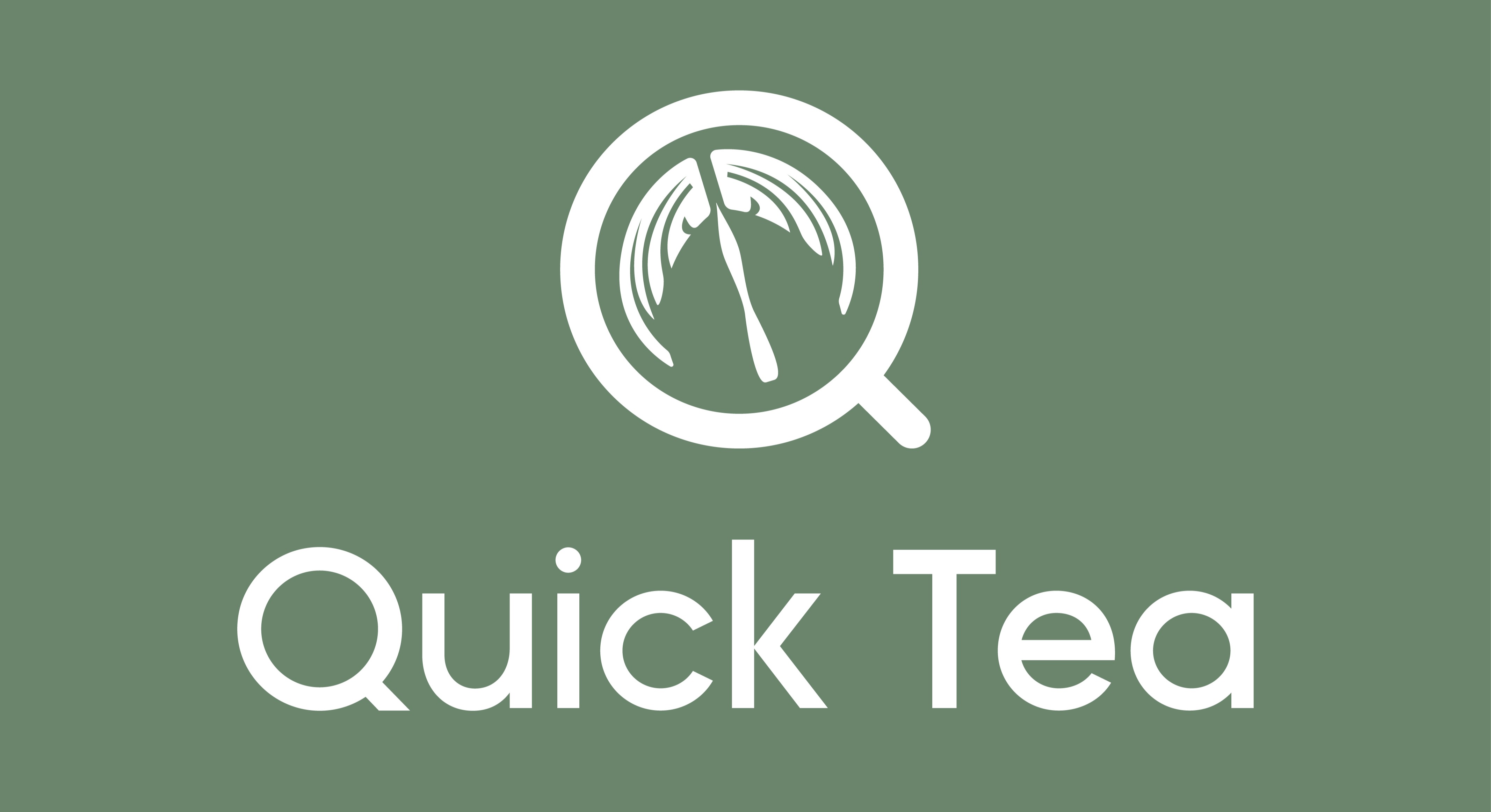Why I am choosing to Write

Why Write?
AI adoption has skyrocketed in the past year, and one of the most common applications is writing: tweaking emails, polishing essays, drafting reports. Why? Because writing is everywhere... and writing is hard.
In his essay The Write and the Write-Nots, Paul Graham argues that many people will soon lose the ability to write altogether. The more prestigious your job, the more writing it demands. And now, with competent language models at our fingertips, the pressure to write well can be outsourced.
Writing will become optional.
But that’s exactly why it matters.
Computer scientist Leslie Lamport famously said:
If you're thinking without writing, you only think you're thinking.
Graham extends that:
So a world divided into writes and write-nots is more dangerous than it sounds. It will be a world of thinks and think-nots." Being a clear write will be a choice. Being a clear thinking will also be a choice.
To be a clear writer will soon be a choice. So will being a clear thinker.
The Goal of this Blog
This blog is an experiment in writing... publicly, deliberately, and with structure. It's a place to sharpen ideas, improve clarity, and build.
The rules:
- All first drafts must be written without AI
- Revisions suggested by AI must be manually applied This constraining is intentional. To better understand how tone, structure, and word choice affect the quality of writing. The goal is to strengthen the feedback loop.
How I will Improve
1. Learn the Theory of Style
I'll study The Elements of Style by Strunk and White, a timeless guide to writing with clarity and grace. To store these principles in my long-term memory, I may create and share Anki cards for these concepts.
2. Copy the Masters
Hunter S. Thompson employed a unique method to hone his writing skills. He typed out entire novels, including The Great Gatsby and A Farewell to Arms, word for word. Thompson believed by embodying the rhythm and style of literary masters like F. Scott Fitzgerald and Ernest Hemingway, he could absorb their genius. I plan to borrow this method to internalize the rhythm of great prose.
Writers I want to emulate:
- F Scott. Fitzgerald
- Edmund Morris
- Bill Simmons
- Tyler Cowen
- Zach Lowe
- Paul Graham
Writing as Leverage
Writing doesn't just help you think better, it creates leverage. Publishing online gives anyone a platform. With nothing more than thoughts and an internet connection, you can build an audience.
As AI makes content creation easier, the internet will become flooded with newsletters, products, and brands. That’s why it’s important to carve out your voice now. Before the deluge.
Kevin Kelly’s 1,000 True Fans theory states that you don’t need millions of followers, just 1,000 people who love what you do. Those fans become your life raft. Your leverage.
When combined with AI building tools, writing and audience building become a powerful force multiplier.
Conclusion
Thank you for joining me on the first step of this journey. I look forward to sharing more insights and updates in future posts.
